
Diabetes is a chronic disease that happens when human body is becoming resistant to hormone called insulin, or your pancreas is not producing enough hormone insulin, and as a result, blood sugar level gets high. There are various types of diabetes, type 1 and 2, for instance, but in those types of diabetes have nothing in common with diabetes insipid us. Although they share the common symptoms and name, they are totally unrelated.
Diabetes insipid us or DI is characterized by excessive thirst and exertion of large amount of urine (condition known as polyuria). Diabetes insipid us can also be a consequence of kidney disorder, and DI can also sometimes affect pregnant women too.
Depending of how strong your symptoms of DI are, you can exert an amount up to 2.6 to even 16 quarts of urine per day, depending of severity of your symptoms (compared to 1.6-2.6 quarts puff urine per day in normal person).
Also very small children and infants can also have DI, in which case they have symptoms like dry skin, unusually wet diapers, weight loss, incontrollable crying etc. if you notice any of those symptoms in your baby, you should contact your doctor immediately.
Because of excessive amount of urine your release every day, you are apt to feel strong thirst and to drink waste volumes of fluids. If not, your electrolyte balance in your body may be disturbed. DI is caused by body’s inability to process successfully fluid intake and outtake.
This could be the symptoms that your anti diuretic hormone called vasopressin or ADH, which is produced in your body and stored in your pituitary gland, is not working properly or is missing in quantities, disturbing the functions of your kidneys.
Depending of part of your body that is having problems functioning, DI has three variations. First one is called gestational diabetes insipid us and it occurs only during pregnancy, and in happens in cases when fluid exchange between mother and a baby destroys ADH in mother.
Second variation of DI is called central diabetes insipid us, and it is caused by damage to pituitary gland, commonly due to tumor, surgery or illness, such as meningitis. This damage may disrupt production of ADH in pituitary gland.
Third variation of DI is called nephrogenic diabetes insipid us, and it can happen in cases of kidney disorders. Those disorders affect kidney’s abilities to respond properly to ADH, in processing the body fluids.
Possible complications of diabetes insipid us can be electrolyte imbalance and dehydration. Dehydration can be cured with optimal rebalance of levels of water in your body, especially if you drink rehydration drinks instead of plain water.
Electrolyte imbalance can be cured about the same way as dehydration, by drinking rehydration drinks instead of plain water.






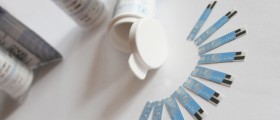

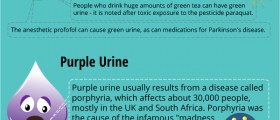
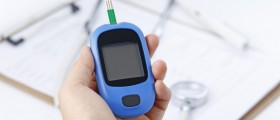


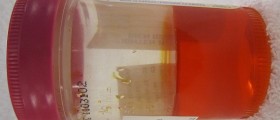

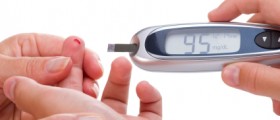

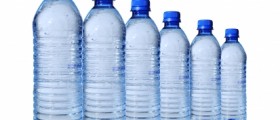
Your thoughts on this
Loading...